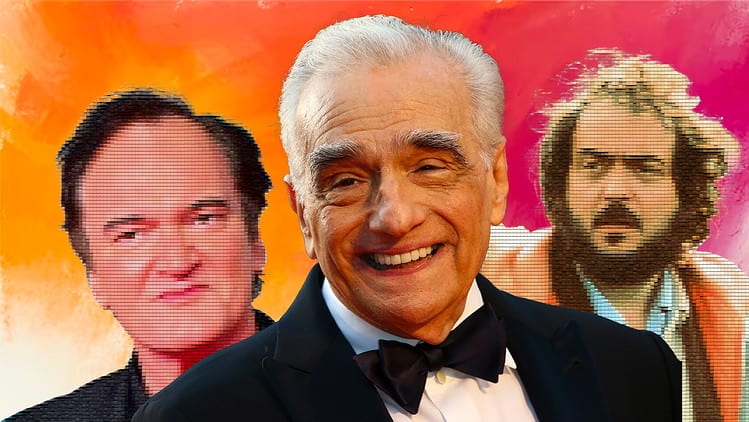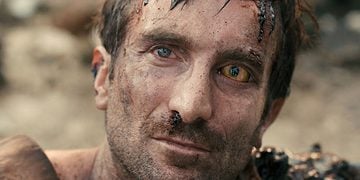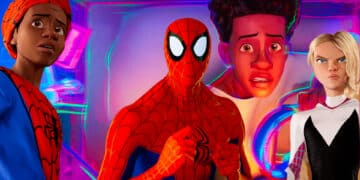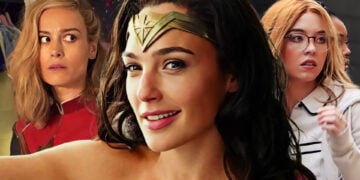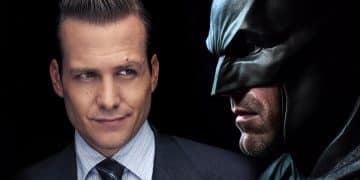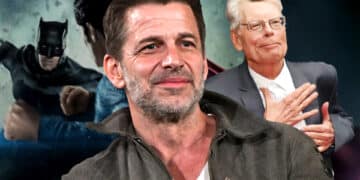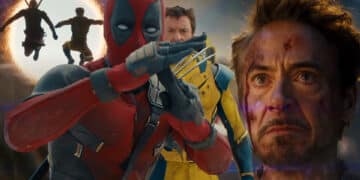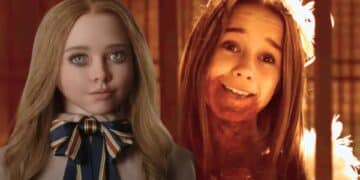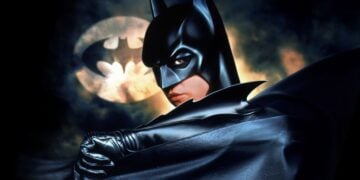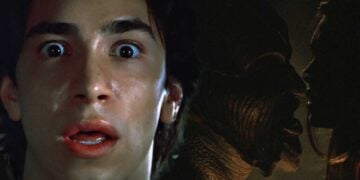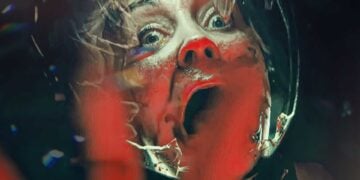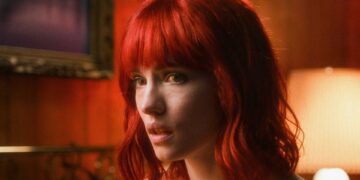Movies. They transport us to distant worlds, evoke raw emotions, and challenge our perceptions of reality. Behind these captivating stories lies the visionary brilliance of the filmmakers, the maestros who have shaped the landscape of Hollywood and the realm of cinema. From the birth of the seventh art to the present day, certain directors have risen above the rest, leaving an indelible mark on the art of storytelling through film. In this exploration of cinematic mastery, we unveil the top of the top, the 25 best movie directors of all time; you could say – those whose extraordinary talents have shaped the very essence of what we define as great cinema.
25. Wes Anderson
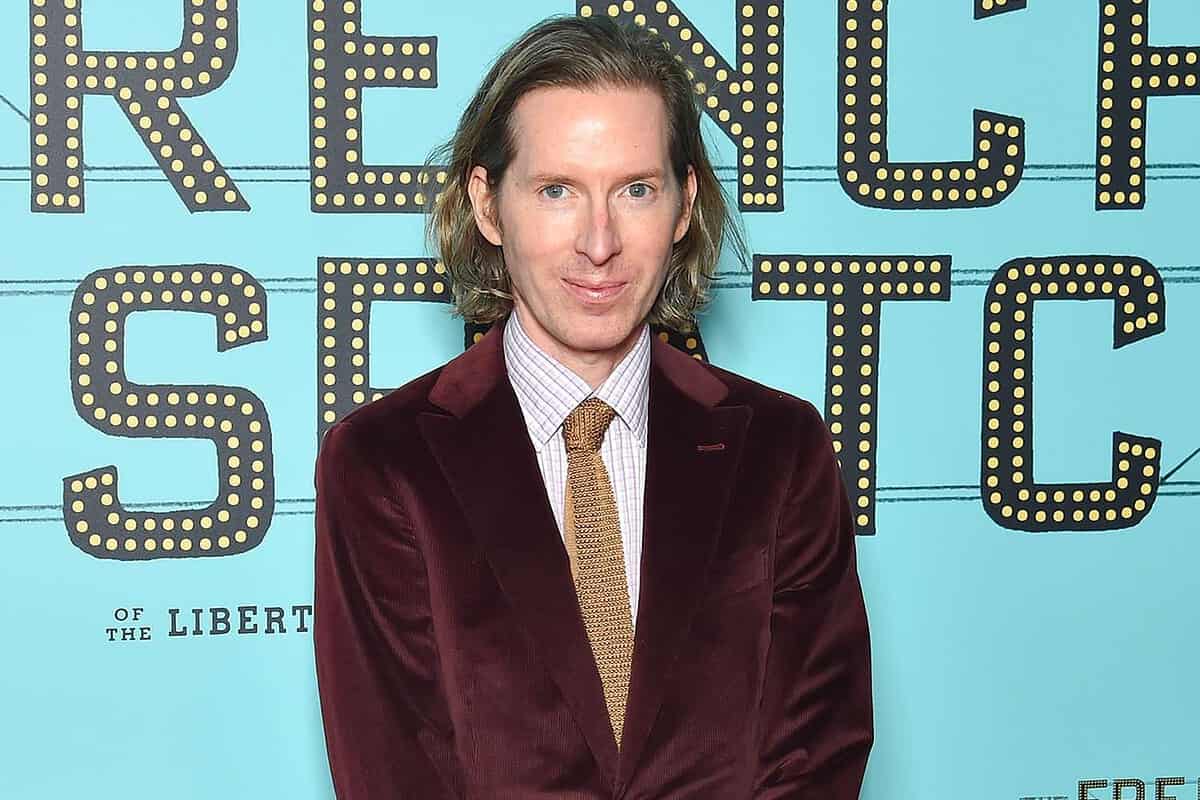
The image of perfect balance, Wes Anderson is one of the most visually creative filmmakers the industry has ever met. With a meticulous eye and a penchant for cutesy stories that hide bittersweet plots, Anderson emerges as a serious contender for the title of the most creative American film director of the last two decades.
Delicately walking the line between quaint and profound, Anderson constructs intricately detailed dollhouse worlds brimming with nostalgic melancholy. His cult fanbase delights in losing themselves in the storybook visuals, at once fantastical yet emotionally grounded. With films like The Grand Budapest Hotel and Fantastic Mr. Fox under his belt, Anderson has become a champion of visual storytelling. Every frame in his movies is a beautiful postcard that’s filled to the brim with nostalgia, earning him the admiration of film students everywhere.
Regardless of what you think of Wes Anderson’s movies, it’s hard to deny that he is one of the best movie directors of our time.
24. Tim Burton
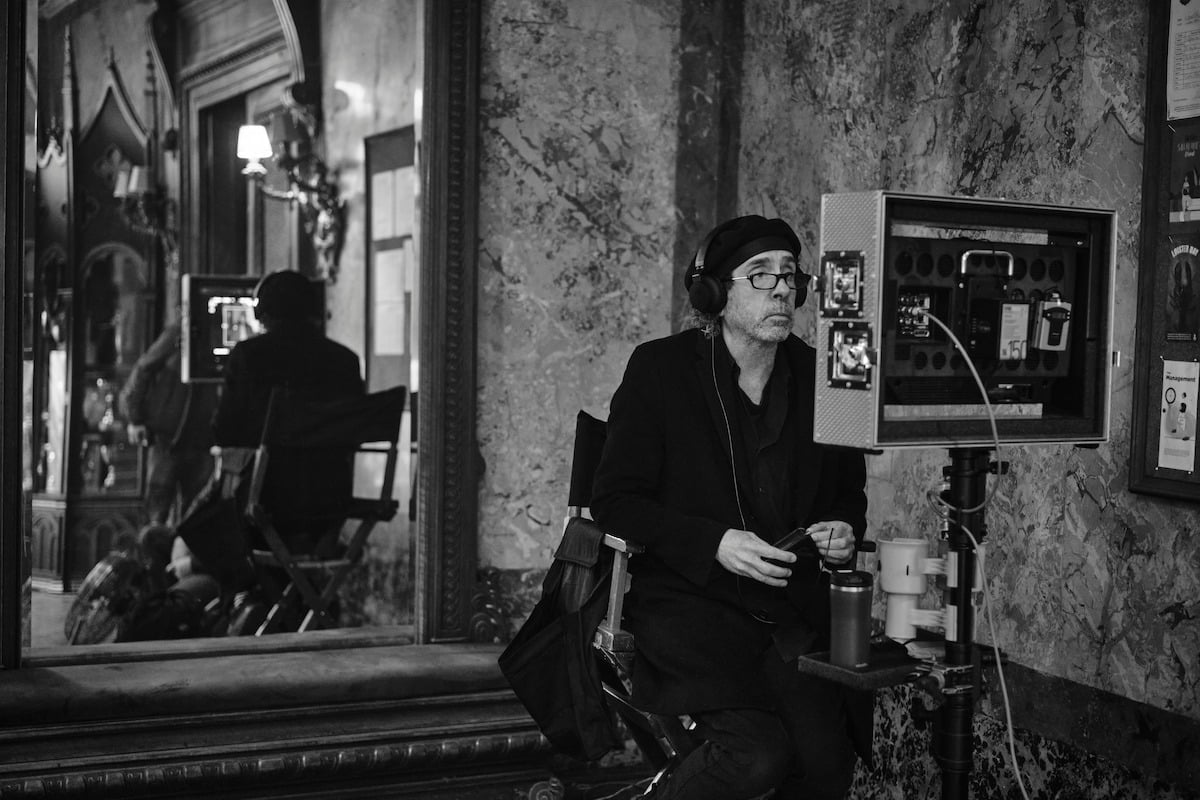
An icon of the macabre and the bizarre, Tim Burton has inspired countless filmmakers and Hot Topic stores since 1985. His distinctive visual style and his quirky designs gave him a style that is immediately recognizable.
With underrated classics such as Pee Wee’s Big Adventure and genre-defining flicks like 1989’s Batman, Burton remains one of the most iconic filmmakers in the business. Despite some minor setbacks with flicks like Mars Attacks and the dreadful Dark Shadows, Burton always finds a way to bounce back. Now, thanks to the magic of streaming platforms, a new generation has found Tim Burton through Wednesday.
23. James Cameron
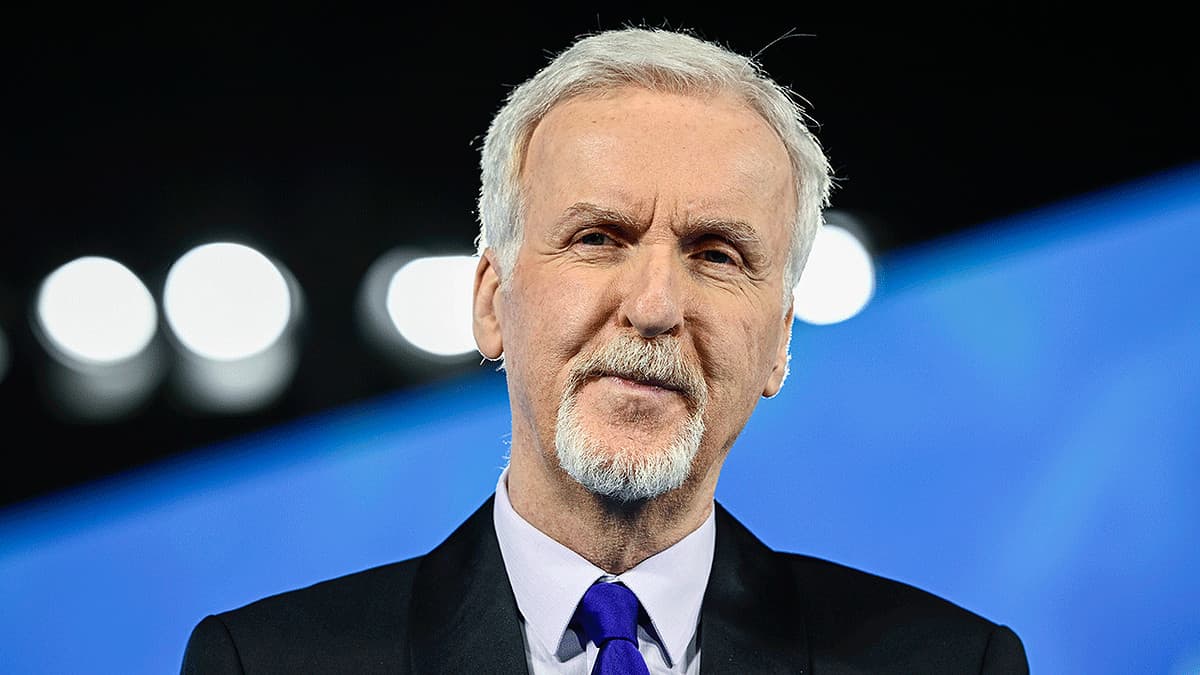
Before he became enamoured with Pandora and its blue inhabitants, James Cameron boasted one of the most diverse oeuvres of any filmmaker. With films ranging from Terminator to Titanic, the legendary director always finds a way to frame his stories in the most engaging way possible.
For all Cameron’s otherworldly visions of the future or shipwrecked past, his career foundation rests on smart, human stories told through wildly innovative technology. From Terminator‘s cyborg horror to Aliens‘ pulse-pounding action, he revolutionized sci-fi and action filmmaking by grounding fantastical premises in tangible emotion and striking intimacy.
Cameron’s fascination with deep-sea exploration has fueled his imagination over the years, giving us fantastical landscapes in the ongoing Avatar saga. It’s also worth noting that Titanic and Avatar‘s Academy Award nominations alone make Cameron one of the most celebrated filmmakers of our time.
22. David Lean
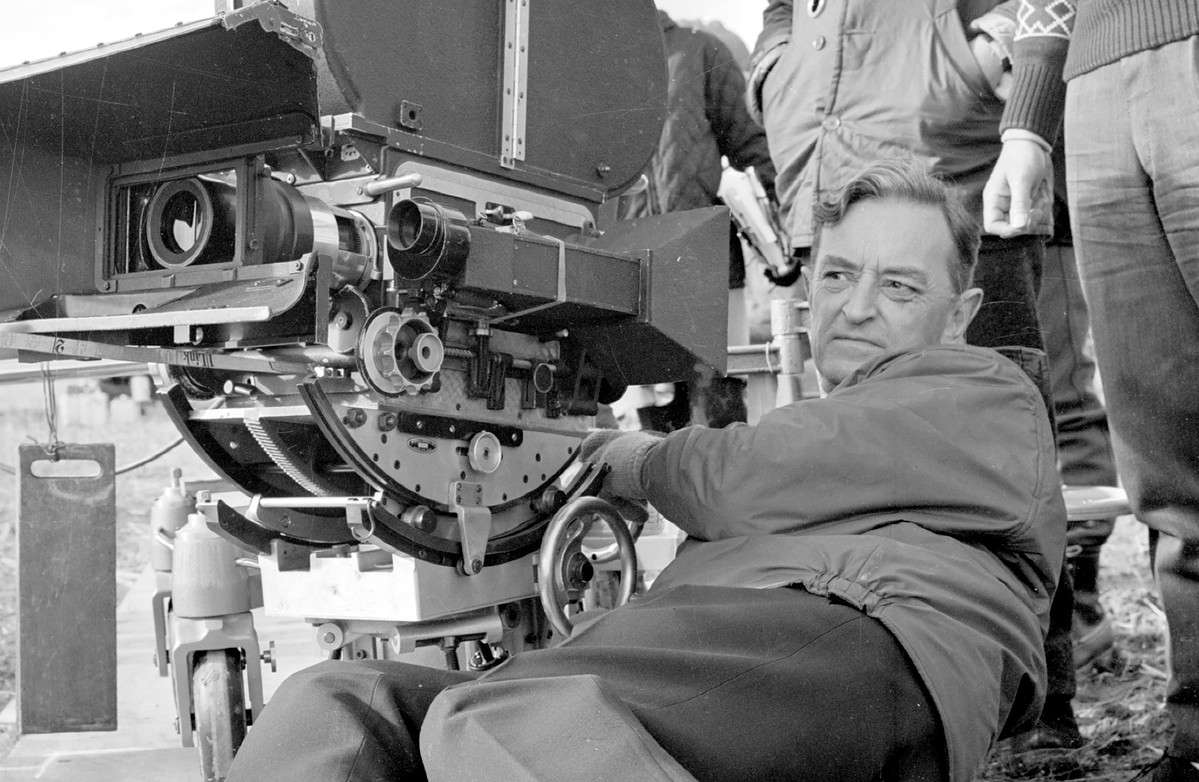
From The Bridge on River Kwai to Lawrence of Arabia and the classic Doctor Zhivago, no one could top David Lean at the top of his game in the 60s. Lean’s disposition for epic tales of resilience and grander-than-life characters turned him into a quintessential filmmaker, introducing filmmaking and storytelling techniques that would be used by generations of auteurs.
Even today, Lawrence of Arabia stays on many “Best Movie Ever” lists – and with good reason. Besides capturing an outstanding performance by a pre-Star Wars Alec Guinness, Lean also demonstrated the power of visual storytelling through Lawrence of Arabia‘s sprawling long takes and gorgeous cinematography.
21. Ingmar Bergman

Visually outstanding and thematically mesmerizing, Ingmar Bergman’s passion for storytelling and complex examination of the human experience remains unchallenged to this day. Though he held a grudge against Jean-Luc Godard and the French New Wave, Bergman introduced many aspects of filmmaking that would prove instrumental to the cinematic movement.
With films like Persona and The Seventh Seal being studied at film schools to this day, to say that Bergman is an inspiration for the medium would be an understatement.
20. Brian de Palma
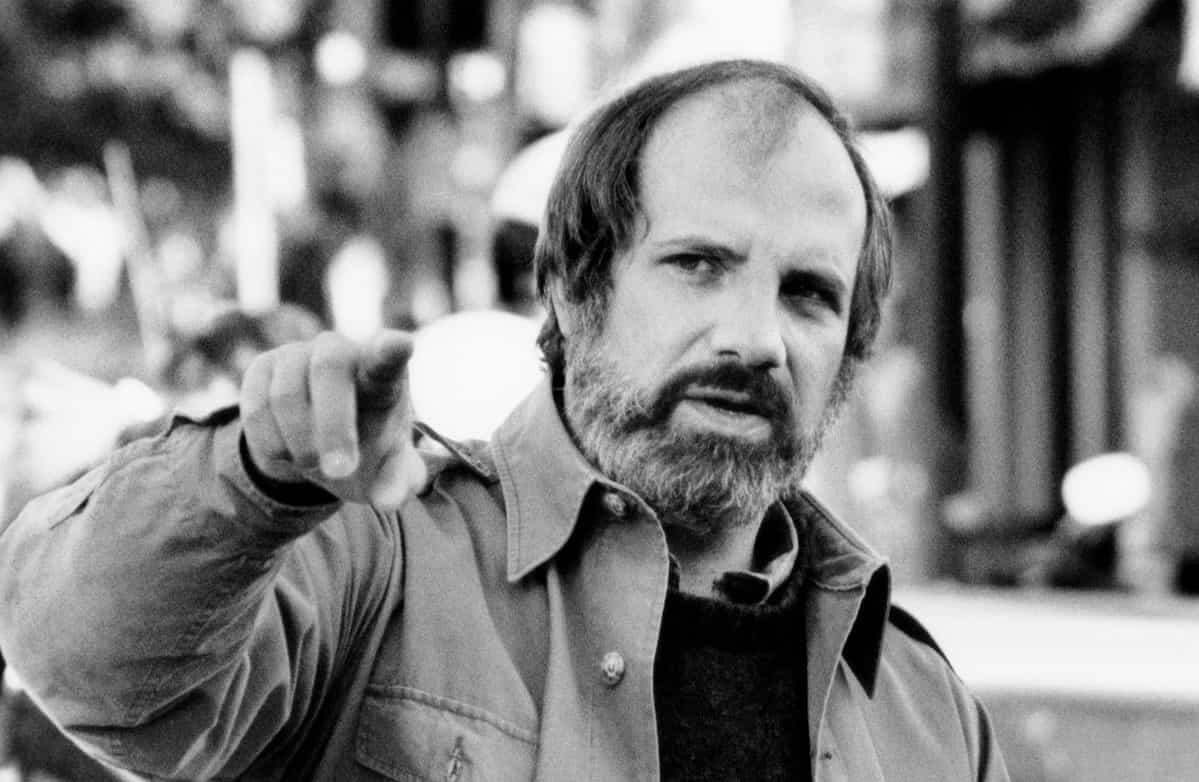
Who could forget classics like Carrie, Carlito’s Way, and, of course, Scarface? Brian de Palma is more than just a cinematic provocateur: he’s a filmmaker who defies genre conventions and establishes new paradigms with each of his movies.
De Palma’s unique portrayal of violence and excess in society makes him one of the most respected filmmakers of the action/drama genre. Even his earliest efforts, like Carrie, prove the director always had a unique way to frame his characters and themes. Remember that nauseating spinning shot of Carrie’s first dance? There’s simply no other director who would have made that work as flawlessly as Brian de Palma.
19. Ridley Scott

With his trademark atmospheric visual flair and knack for tense, edge-of-your-seat storytelling, few directors have crafted such an impressive body of iconic, genre-defining films as Ridley Scott. From the gritty sci-fi perfection of Alien and Blade Runner to the ferocious gladiator action of, well, Gladiator, Scott has boldly gone where few directors dare. He immerses audiences in richly textured worlds, blending striking visuals with emotional depth and thematic ambition. Now, into his later years, the British auteur shows no signs of losing his creative spark, continuing to push boundaries and evolve his stylistic identity.
Love or hate his divisive recent output (Napoleon included), there’s no denying Ridley Scott’s enduring influence. A true pioneer, he remains one of the most unique cinematic voices of the last half-century.
18. Francois Truffaut
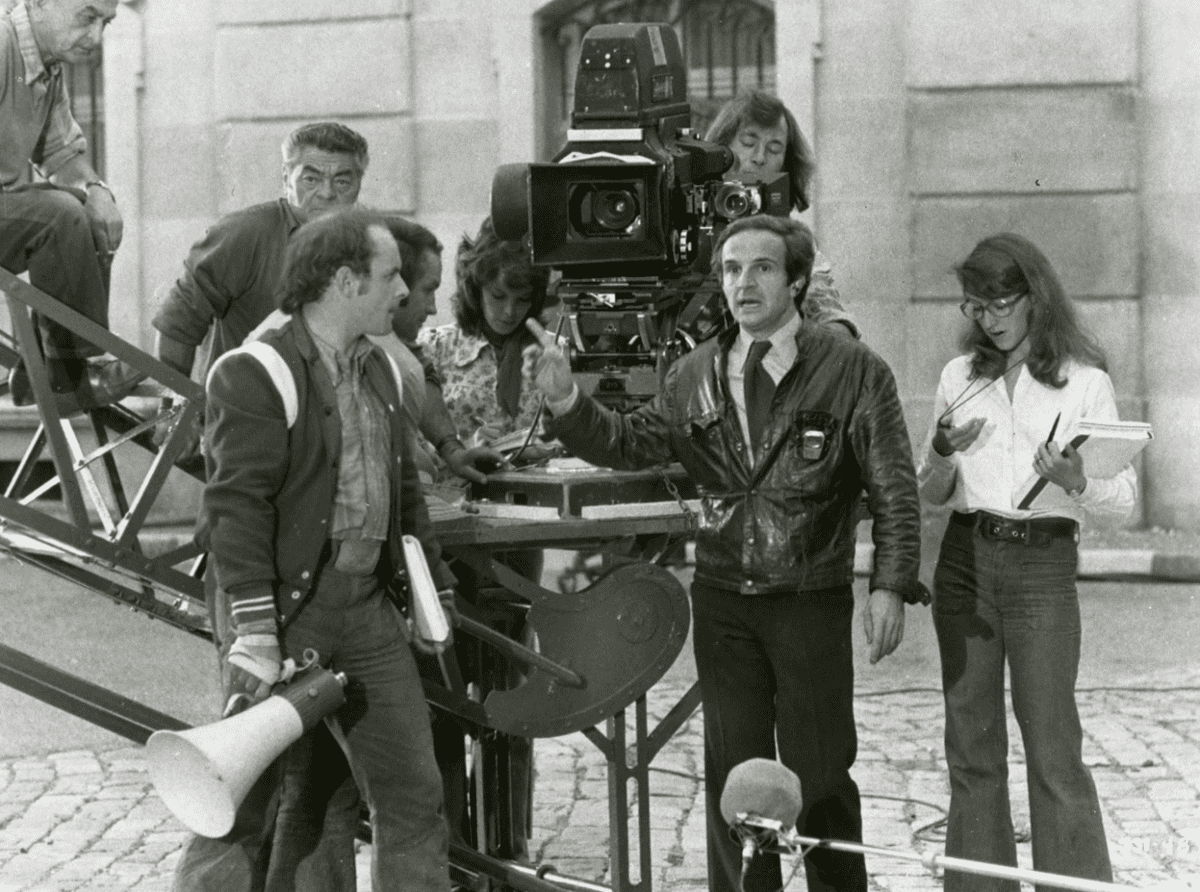
François Truffaut’s intensely personal, heart-on-sleeve filmmaking style spearheaded the French New Wave’s revolutionary subversion of cinematic conventions. From his debut, The 400 Blows, to the sweeping romantic tragedy Jules and Jim, Truffaut infused cinema with rare emotional intimacy and vulnerability. His naturalistic, freewheeling approach prioritized honest humanism over a contrived plot, empowering actors and eschewing a formulaic narrative. Yet his work still overflowed with visual invention and playful experimentation. This rare alchemy of vibrant style and raw substance established Truffaut as a defining voice of post-war European cinema.
Tragically, Truffaut left us at the young age of 52. His legacy shines bright through the generations of filmmakers he influenced. With his radical cinematic philosophy and deeply felt portrayals of complex human experience, Truffaut rewrote the rules on what a movie could achieve.
17. Jean Renoir
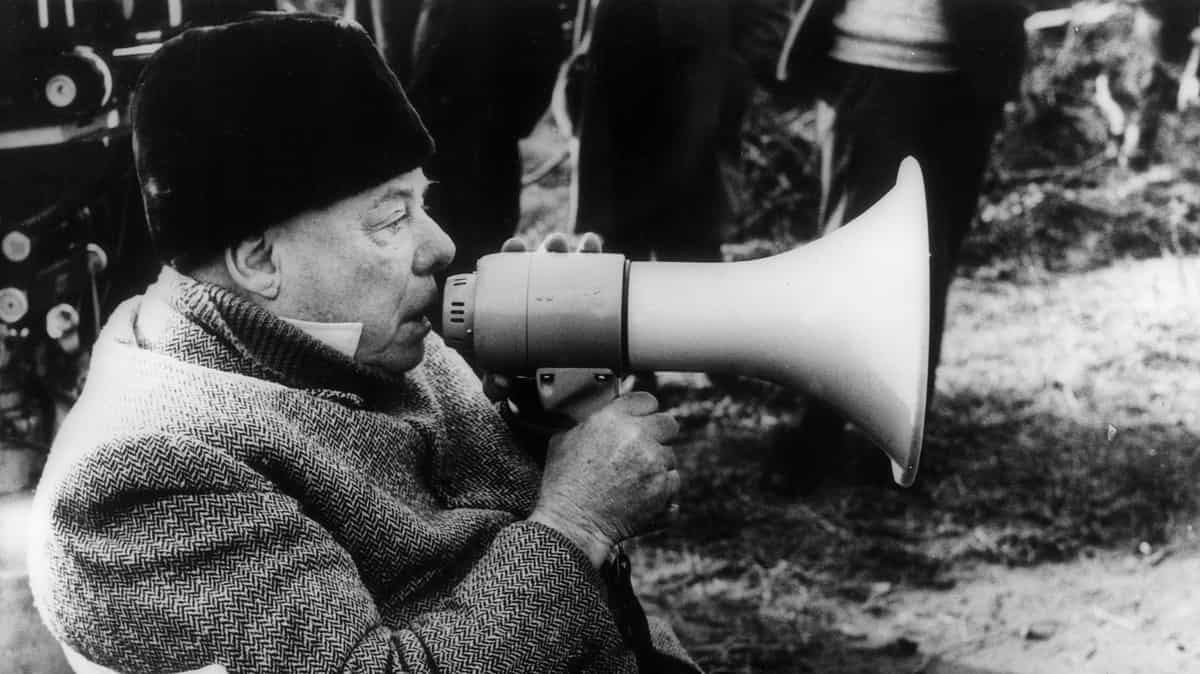
As one of the founding fathers of cinema’s most humanistic chapter, Jean Renoir imbued his films with a transcendent compassion for the flawed wonder of humanity. From the emotional gut-punch of The Grand Illusion to the luminous romance of French Cancan, Renoir crafted singular cinematic poetry by turns playfully affectionate and tragically beautiful.
His roving camera and natural light captured revealing moments and gorgeously imperfect details. Though his rich visual language brimmed with innovation, his focus stayed on intimately exploring the character and the complexity of relationships. Few artists of any medium so sensitively gave life to stories of common human experience in all its joy and heartbreak. As cinema grew increasingly flashy around him, Renoir cleaved to baring the naked truth in deceptively simple tales. Right up to his final masterwork, The Little Theatre of Jean Renoir – which is a fitting title if there ever was one– the French icon modelled how dazzling cinematic artistry could magnify our shared humanity.
16. Sidney Lumet
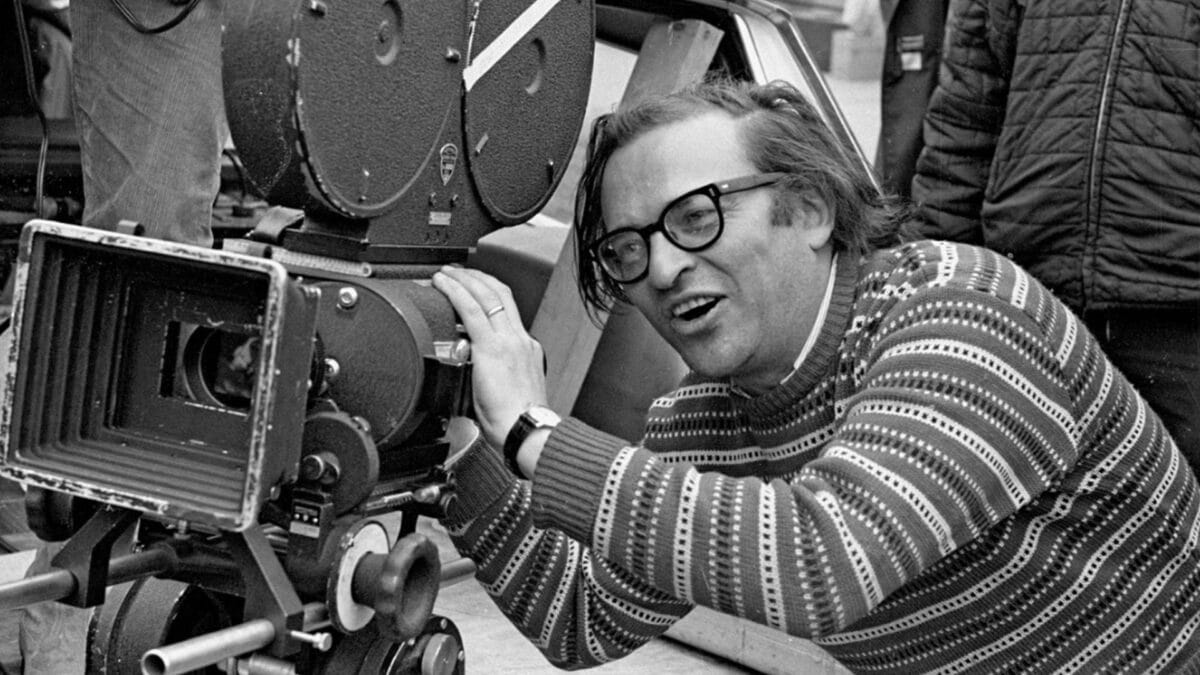
Few American filmmakers have matched Sidney Lumet’s staggering consistency and longevity. Helming over 40 films across half a century, his uncompromising vision electrified genre classics in every decade, from seminal social courtroom saga 12 Angry Men to blistering newsroom satire Network. Yet for all his stylistic range and literary adaptations, Lumet’s defining core was his gritty, unflinching portrait of his beloved New York City and its diverse communities – from working class to wealthy, corrupt to principled.
In legendary crime dramas like Serpico, Dog Day Afternoon, and Night Falls on Manhattan, Lumet captured not only the sweaty, chaotic energy of the city but the humanity of its citizens, tragic flaws and all. His characters lived messy, complex lives, grappling with questions of ethics, loyalty, and consequence with riveting unpredictability.
Though criminally overlooked by Academy voters, Lumet garnered a staggering tally of iconic performances. His secret? An actor’s director, he empowered stars by letting characters guide scenes over imposing rigid vision. Through turbulent decades for American society and cinema alike, Lumet’s unyielding moral conscience and narrative mastery never faltered.
15. Hayao Miyazaki
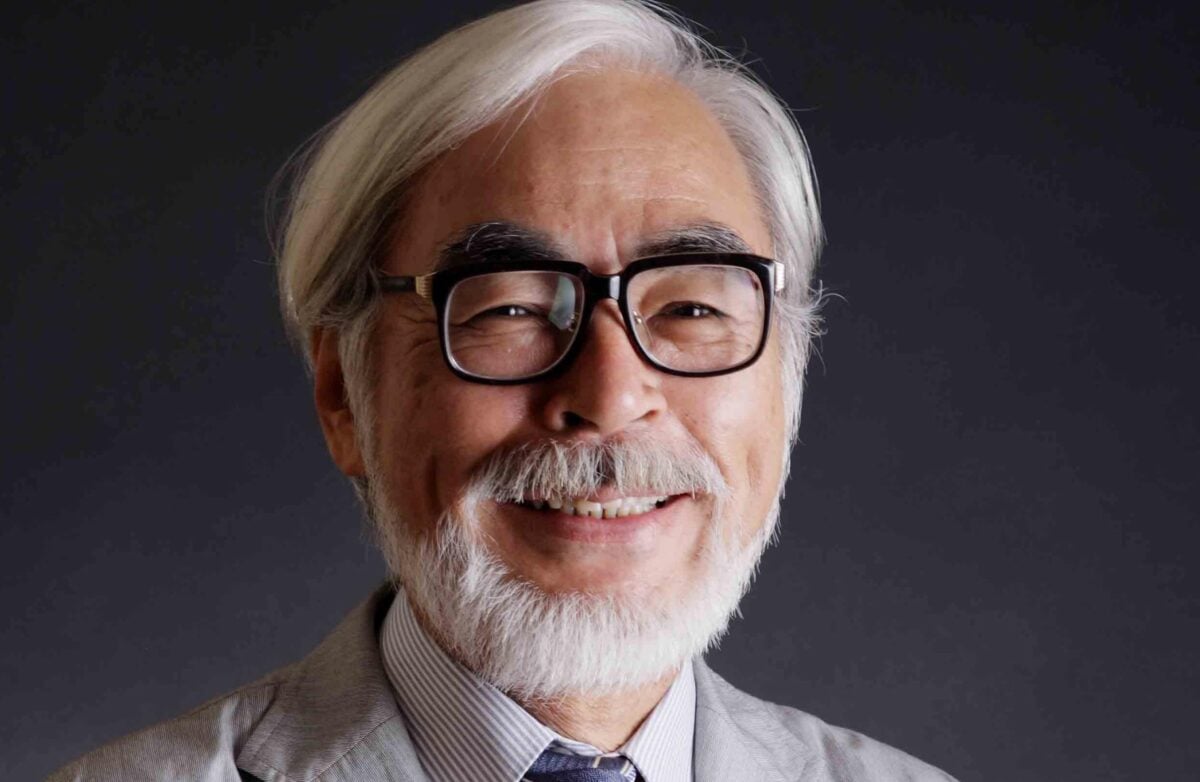
The world of cinema goes well beyond the Hollywood frontier, past the bright lights of American cinema. All around the globe, notorious filmmakers have created movies that speak a universal tongue, and what better way to achieve this tacit form of communication than through animation? Hayao Miyazaki’s illustrious career has proved that animation is just another name for proper cinema, taking us on memorable adventures and immersing his audience in a tapestry of fantastical locales and timeless stories.
From Spirited Away to Howl’s Moving Castle and, who could forget, My Neighbor Totoro, Hayao Miyazaki’s classics are a true testament to the universal language that only filmmakers and movies themselves can communicate.
14. Kathryn Bigelow
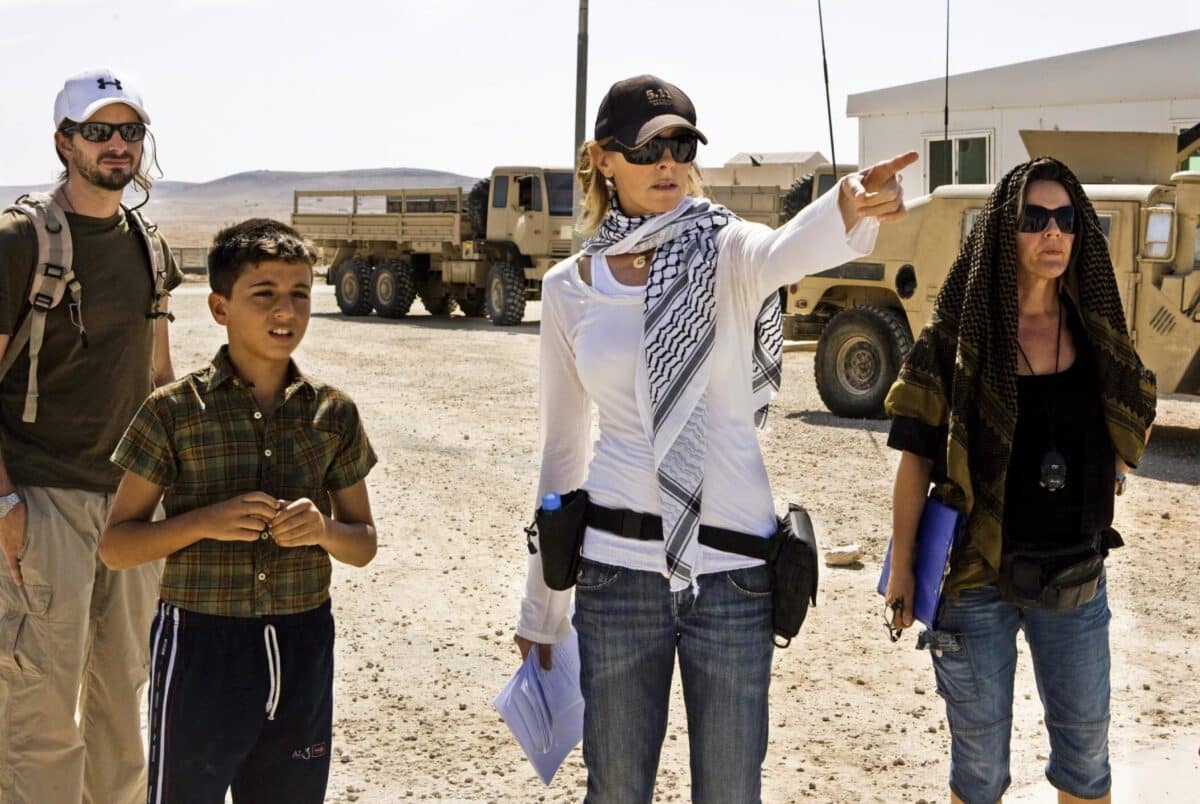
Cinema is the medium where every voice counts. From different perspectives to different genres, every filmmaker has found a way to make their unique voices be heard among fans, and that’s something that a trailblazer such as Kathryn Bigelow knows quite well. As one of the select female directors who’s made a substantial impact on the entertainment industry, Kathryn Bigelow’s name stands as a remarkable monument to the endurance and quality of storytelling that women have made to cinema as an art form.
Some of her most notable films, like The Hurt Locker and Zero Dark Thirty, show the potential in every human for unmeasurable heroics and unspeakable evils. The dichotomy of the human experience shines through most of Kathryn Bigelow’s stories, putting a mirror to audiences’ faces that make us ponder what it truly means to be a “hero.”
13. Billy Wilder
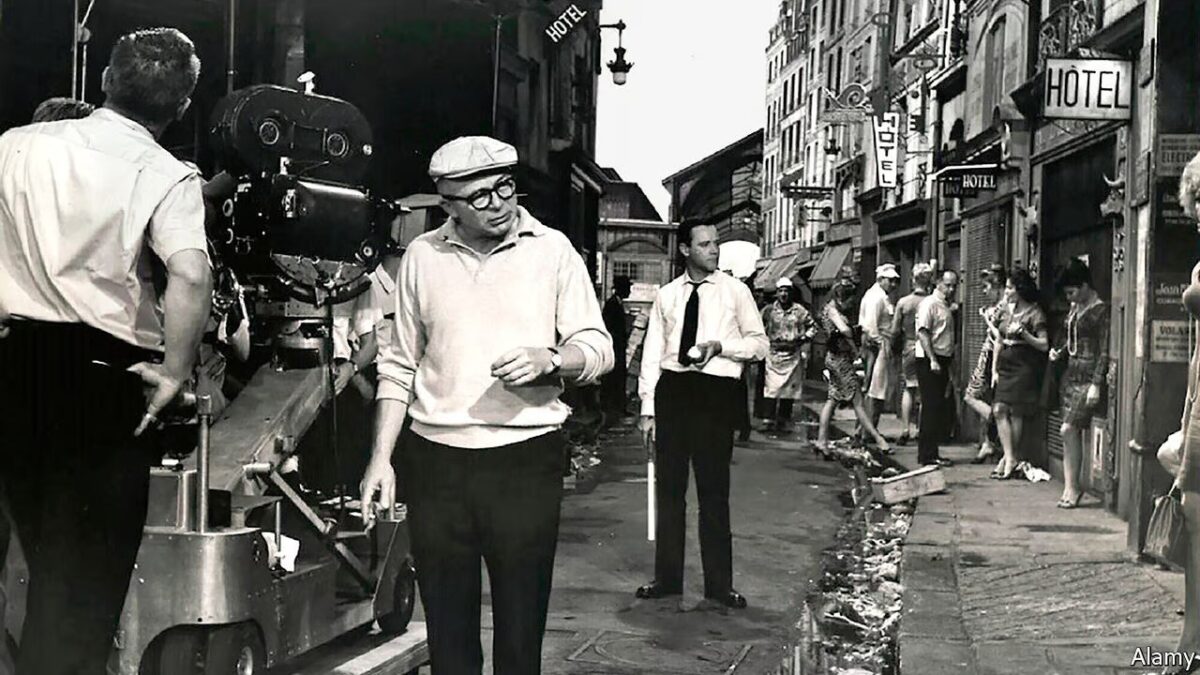
It would be impossible to think about the best movie directors of all time without mentioning someone like Billy Wilder at least once. With his razor-sharp wit, unparalleled storytelling abilities, and a penchant for exploring the complexities of human nature, this filmmaker has left an indelible mark on the world of cinema. Billy Wilder’s career spans a rich selection of genres, ranging from the darkly comedic tones of Some Like It Hot to the – equally funny – social commentary of Sunset Boulevard. This is one of those filmmakers who effortlessly jump between genres in a heartbeat, delivering stories that always catch us by surprise.
Not only was Billy Wilder an outstanding film director, but he also revolutionized the job of being a screenwriter. His chemistry with the camera was just as strong as the one with the pen, and the result shines bright in some of his best movies.
12. David Fincher
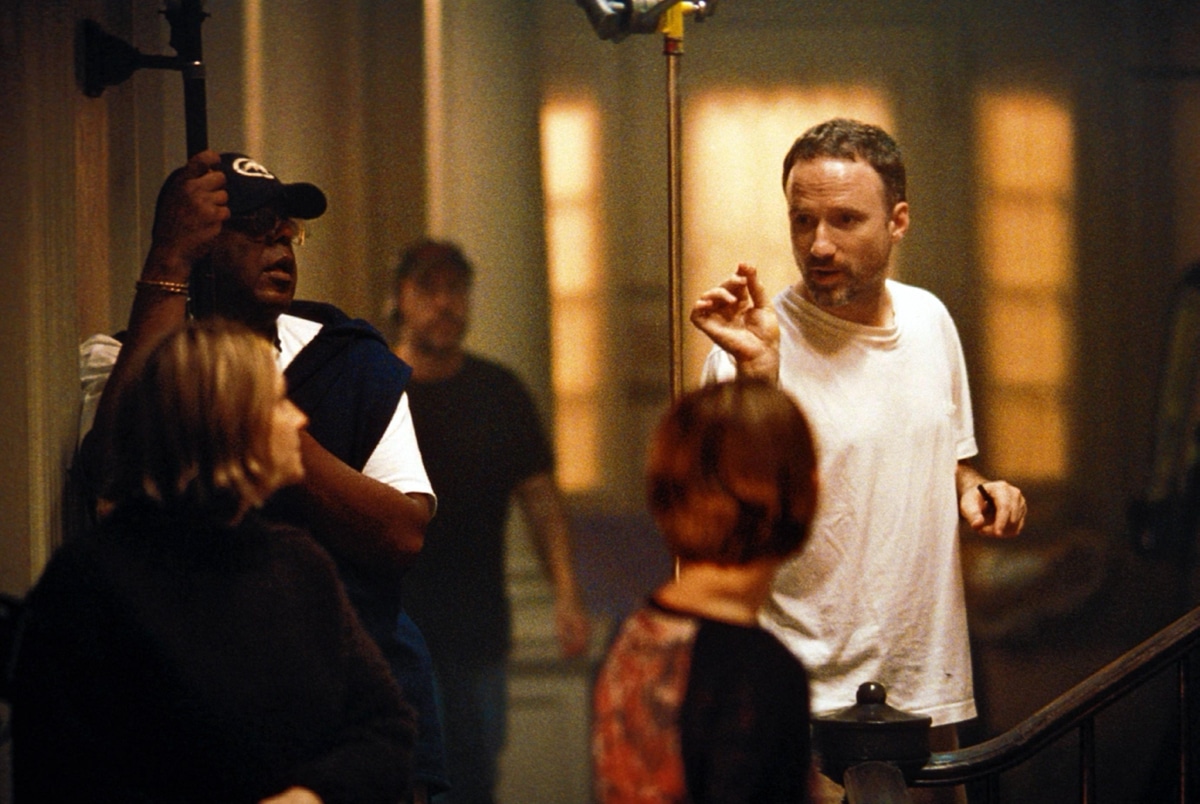
Often hailed as one of the most influential contemporary film directors, David Fincher’s dark movies have captured the hearts and minds of his fans the world over. His films usually deal with the shadier parts of the human psyche, showing us some aspects of humanity that most of us would be happy to pretend doesn’t exist. The rawness of movies like Fight Club and Se7en proved that David Fincher wasn’t afraid of taking risks when it came to making cinema, while his more recent outings, like Gone Girl, show that the director is still one of the best in Hollywood.
11. Orson Welles
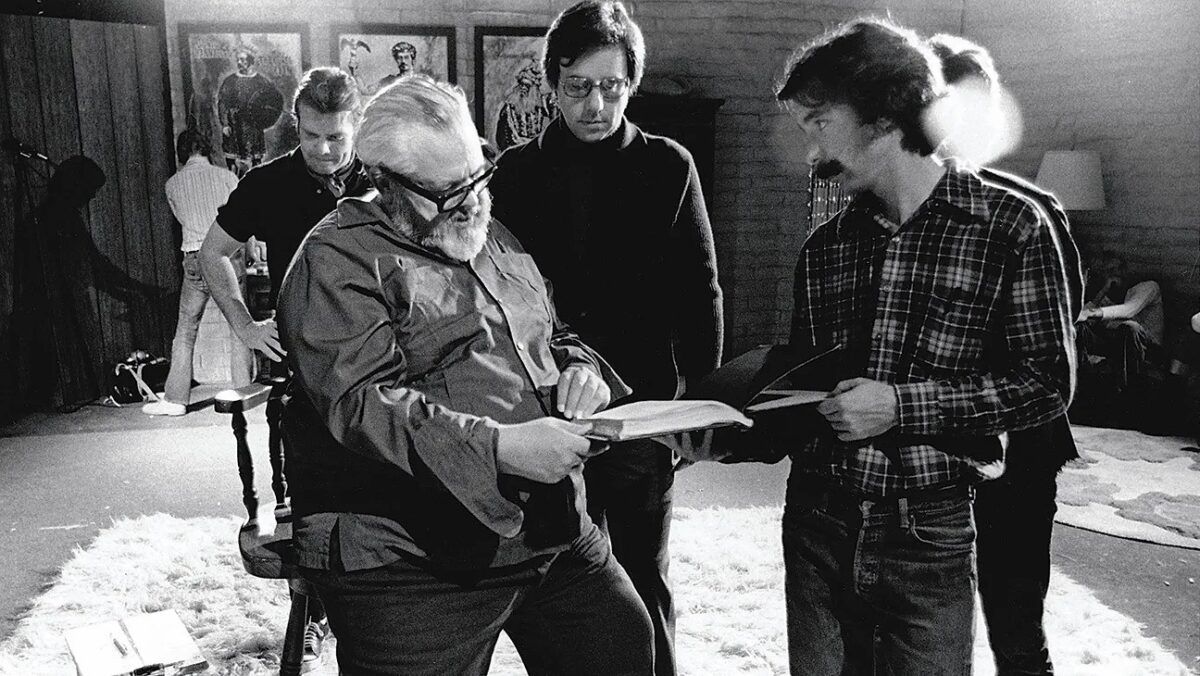
Perhaps one of the most seminal movie directors in cinema history, Orson Welles’ unparalleled storytelling prowess has inspired countless directors through the decades. Even people who don’t closely follow film history know of the significance of Citizen Kane – and that alone should speak volumes of Orson Welles‘ influence. Welles possessed an innate ability to push the boundaries of filmmaking, experimenting with unconventional techniques that drove the medium to new heights. Through his innovative use of deep focus, chiaroscuro lighting, and dynamic camera movements, Welles crafted visually stunning and immersive films that captivated audiences and brought cinema to a new era.
10. Christopher Nolan
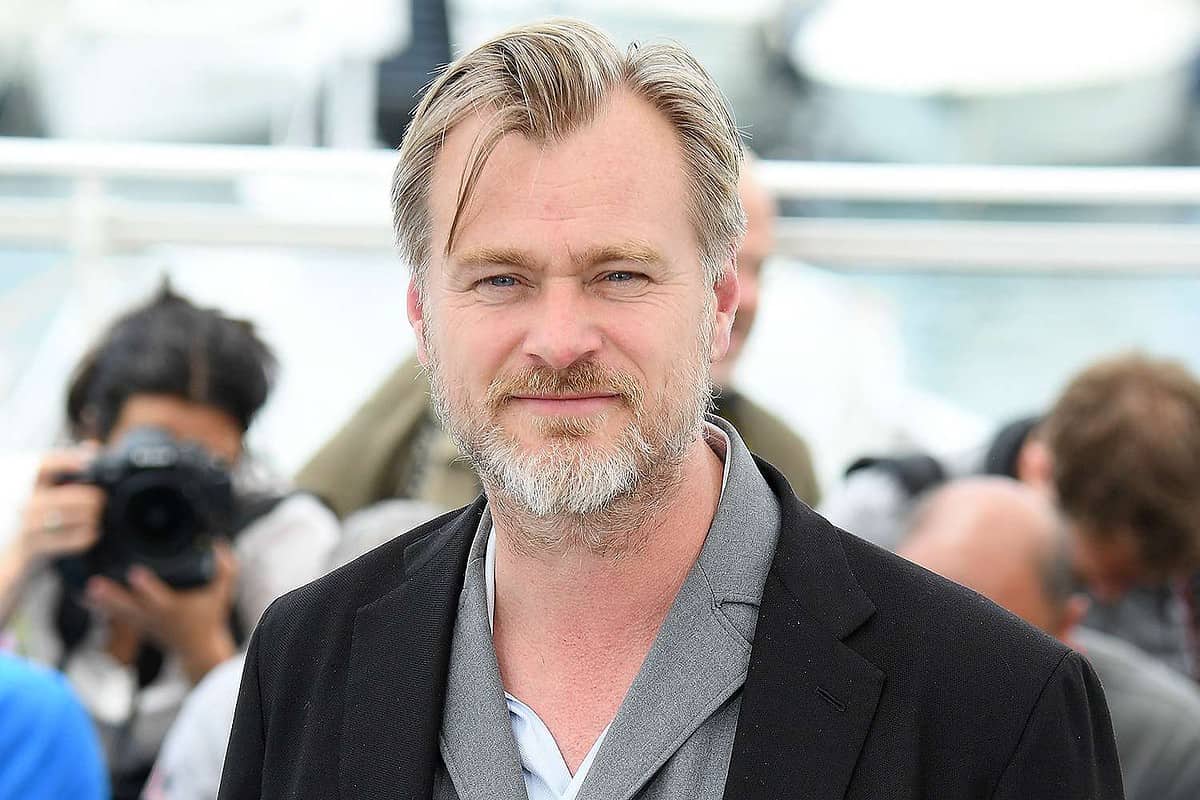
There are visionary movie directors, and then there’s Christopher Nolan, who is in a completely different league when it comes to inventive storytelling in cinema. Through his mind-bending narratives, Christopher Nolan has won himself a well-deserved place in Hollywood’s modern pantheon of achieved filmmakers. Films such as The Dark Knight (which is still the best Batman movie ever made) and Inception have become cultural landmarks, and it’s easy to see why. Ever since Memento, Nolan’s discombobulating style became one of his best attributes. Now that Oppenheimer has proved itself a worthy successor of Dunkirk in the ongoing “Christopher Nolan explores history” series, we’ve found a strong Oscar-worthy contender in Cillian Murphy’s outstanding performance.
Nolan has earned his place on every best movie directors list.
9. Federico Fellini
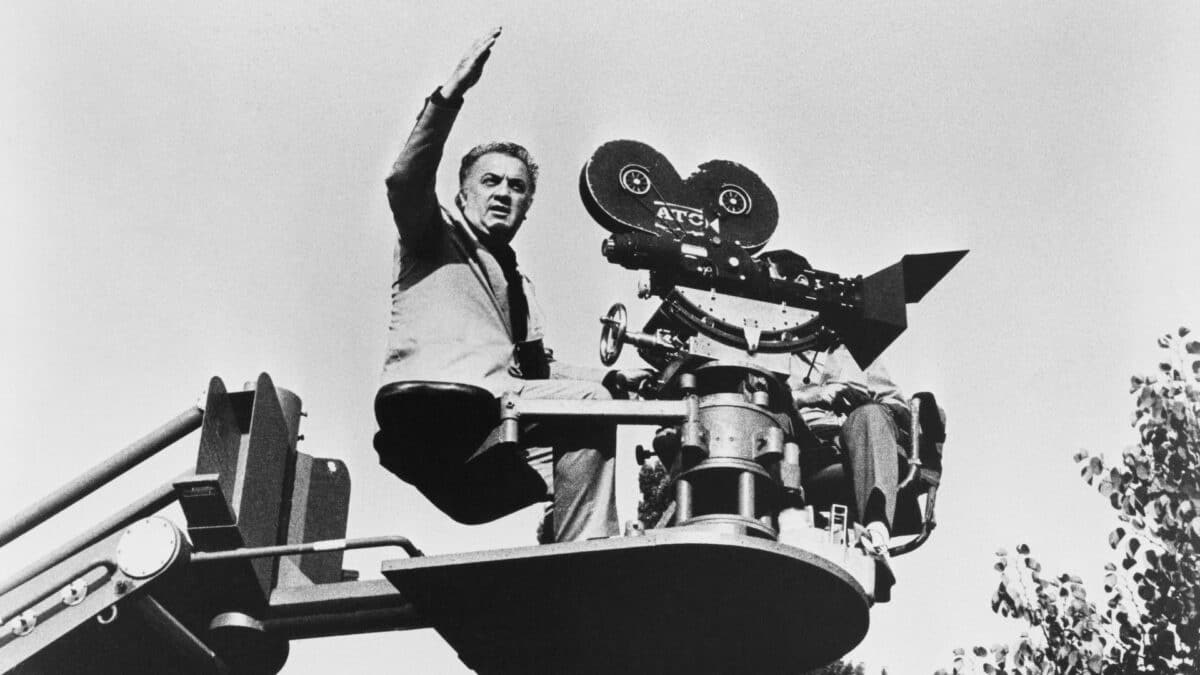
Easily one of the best movie directors outside of Hollywood, Federico Fellini’s unparalleled ability to capture everyday life through the eye of the camera gave birth to a whole new school of thought in film history. The way Fellini marries surrealism with poetic imagery is second to none, with his style captivating aspiring filmmakers for generations. La Dolce Vita might be one of his greatest classics, but we can’t forget about his other hidden gems, like La Strada and 8½. His masterful craftsmanship, coupled with his profound understanding of the human condition, solidifies his place among the most celebrated directors in the history of cinema.
8. Quentin Tarantino
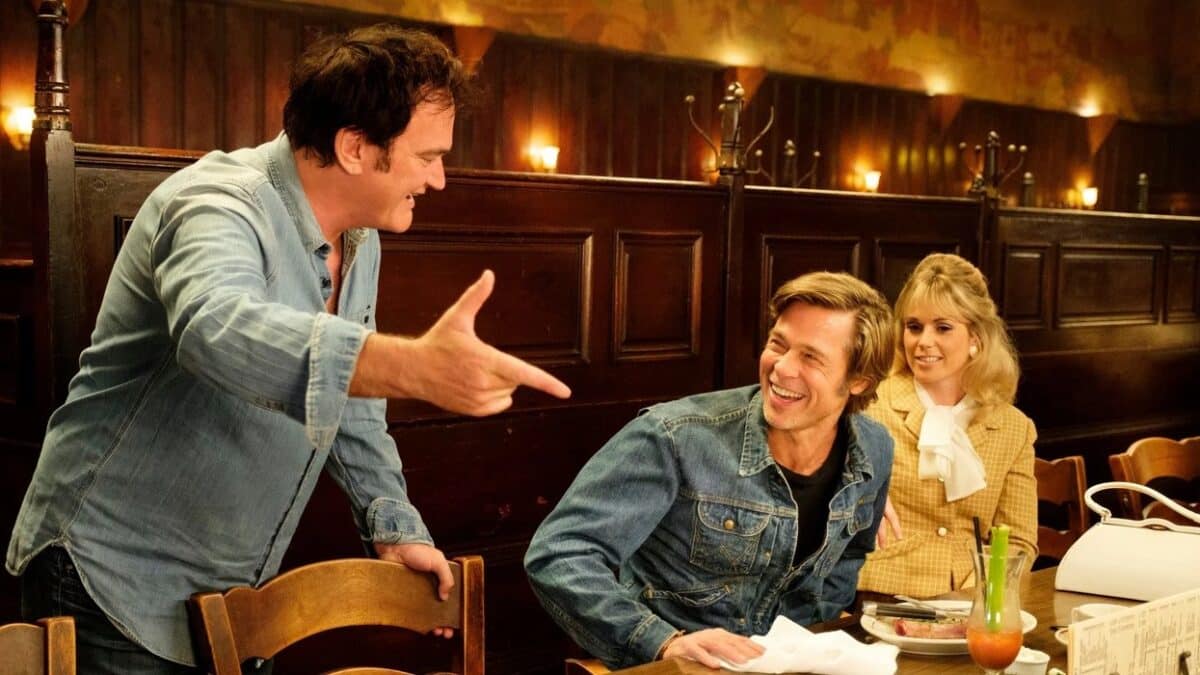
Some directors are madly in love with the art of cinema. None of them love it so much as Quentin Tarantino, though. Through a combination of impossibly cool characters, pop culture references, and buckets of fake blood, Quentin Tarantino quickly became every film student’s favourite movie director with relative ease. From Reservoir Dogs to Django Unchained, Tarantino has demonstrated a mastery over every conceivable genre. The only thing that’s left for him is to give George Lucas a run for his money with his own take on the Star Wars formula.
I believe no one’s truly capable of hating films like Pulp Fiction or Kill Bill. I mean, I bet everyone wanted to be Jules Winnfield at some point or another – especially if that meant getting his awesome “BAMF” wallet.
7. David Lynch

No matter which genre David Lynch tackles in his movies, the result always gives us the creeps. From the deceptively placid vistas of Twin Peaks to the menacingly dark locales of Eraserhead, David Lynch’s name figures prominently among the greatest masters of suspense in cinema history. His unique cinematography and unorthodox directing style have won Lynch many fans over the years, especially since he seems to be constantly evolving as the years go by.
6. Francis Ford Coppola
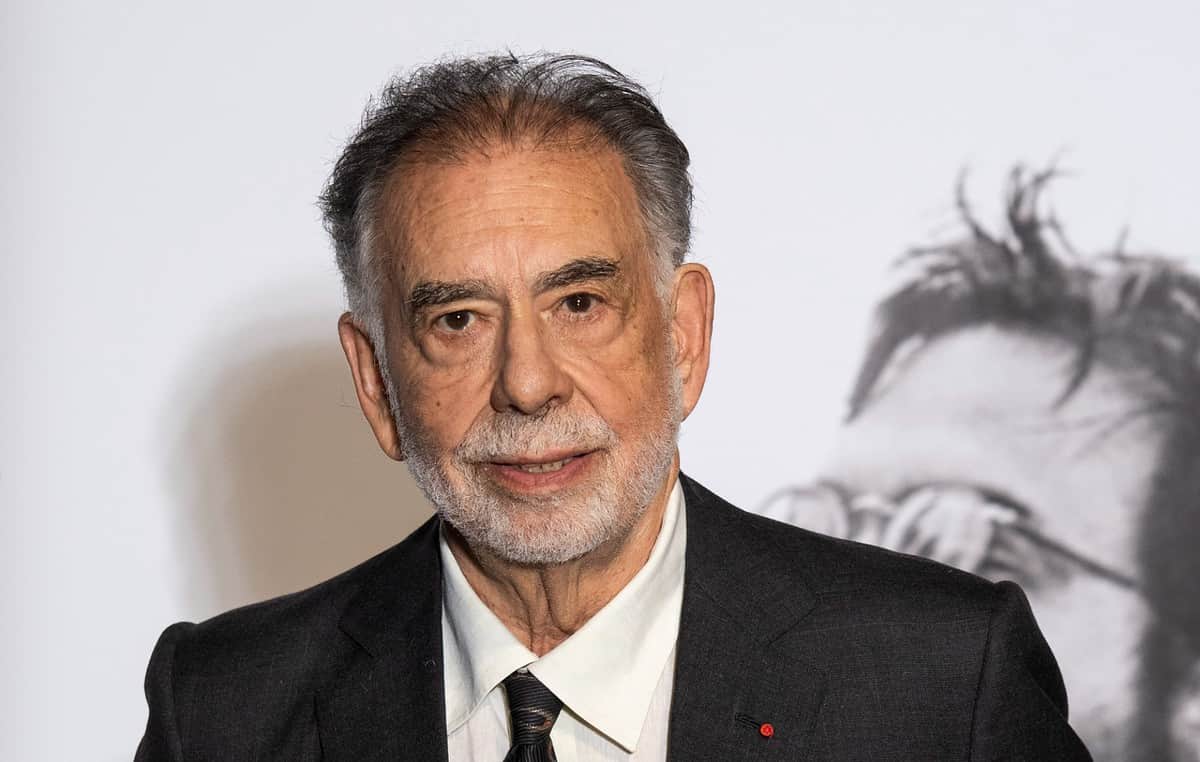
The Coppola family name might as well be a badge of honour among Hollywood royalty. The patriarch of the family, Francis Ford Coppola, might be among the most influential filmmakers of them all thanks to his captivating directing style and his solid grasp on enthralling storytelling. His work on the Godfather trilogy will forever be remembered as one of the finest examples of cinema achieving its ultimate potential. Some other fans might remember him for his work on Apocalypse Now, one of the most troubled productions in Hollywood’s history (and still a masterpiece).
5. Charlie Chaplin

Even if you’ve never seen one of his films, you must certainly know who Charlie Chaplin is. With movies like The Great Dictator and City Lights under his belt, Chaplin proved that comedy could do much more than just make people laugh. Chaplin turned laughter and physical comedy into a universal language that anyone—no matter where they hailed from—could understand. Movies like Modern Times hold cultural significance even to this day, cementing Chaplin’s reputation as a timeless comic.
4. Steven Spielberg
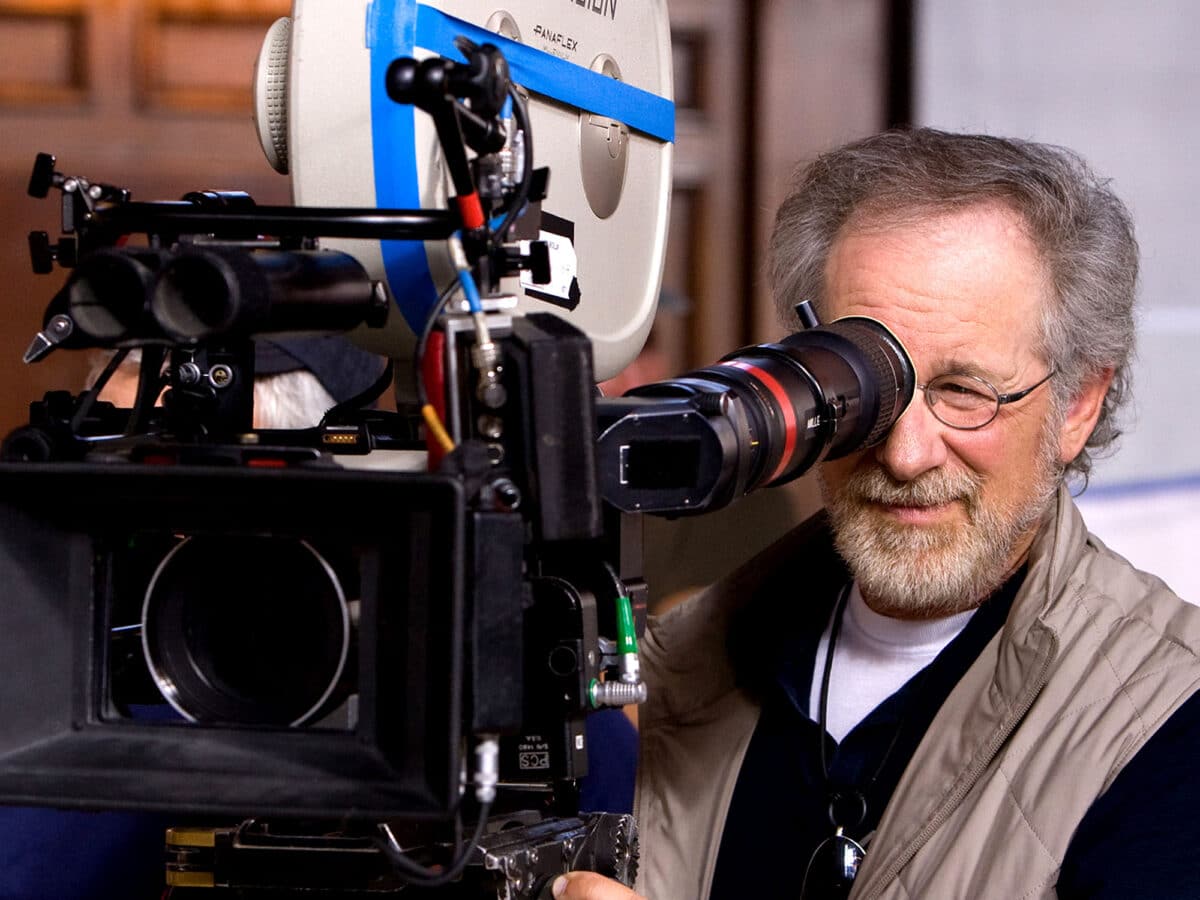
We could argue that the best movie directors who ever lived are those whose works transcend the limitations of their craft. Making movies that become inseparable from the tapestry of mainstream culture – that’s Steven Spielberg’s speciality. From Jaws to Schindler’s List and everything in between, Spielberg’s films have made us reflect on what cinema can truly be. Movies like Jurassic Park, E.T. The Extra-Terrestrial, and Saving Private Ryan aren’t just simple diversions – they’ve become a larger part of humanity’s shared culture.
3. Stanley Kubrick
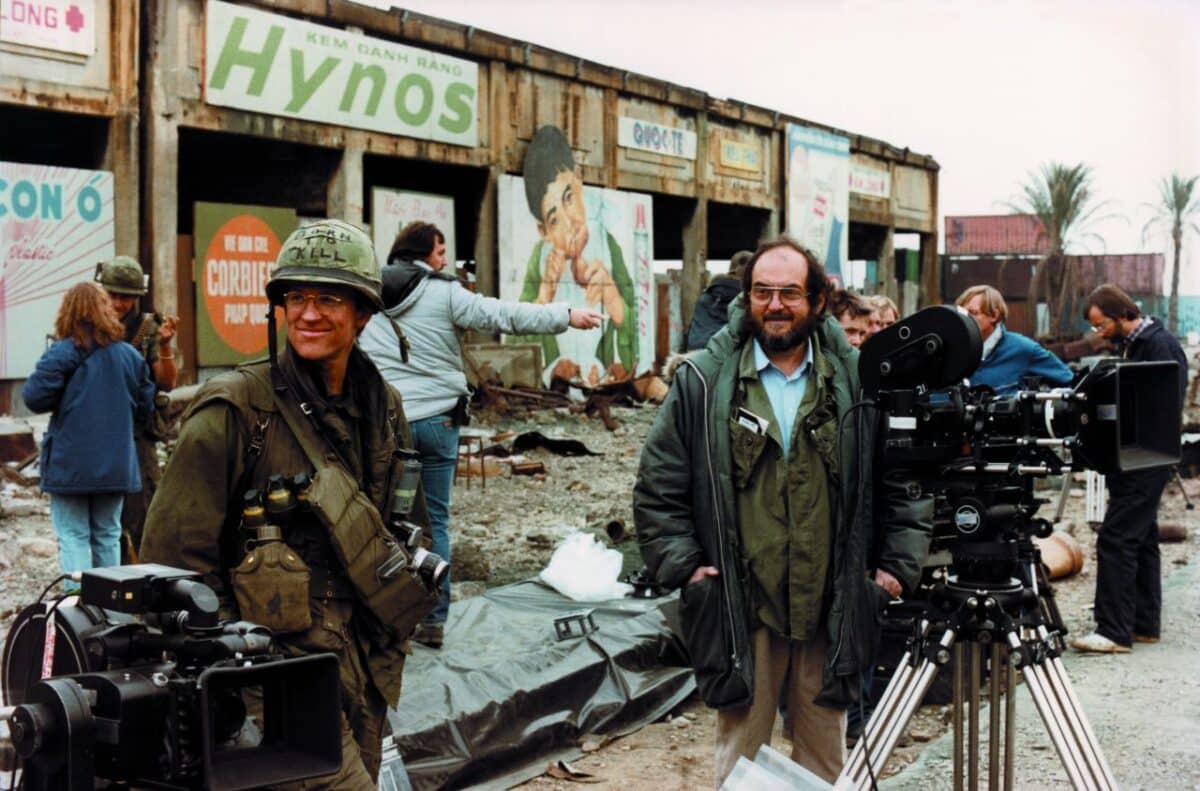
A Clockwork Orange; The Shining; 2001: A Space Odyssey; Barry Lyndon – and the list goes on. Every single film Stanley Kubrick ever directed is a masterpiece, proving the intricate understanding he had of his craft. In fact, many will argue that Kubrick is the best movie director of all time. Kubrick’s borderline obsessive eye for detail led to his reputation as a die-hard perfectionist. The more Kubrick’s style evolved, the more he broke with classic storytelling conventions and filmmaking formulas. In short, Stanley Kubrick was as influential as he was inventive.
2. Alfred Hitchcock
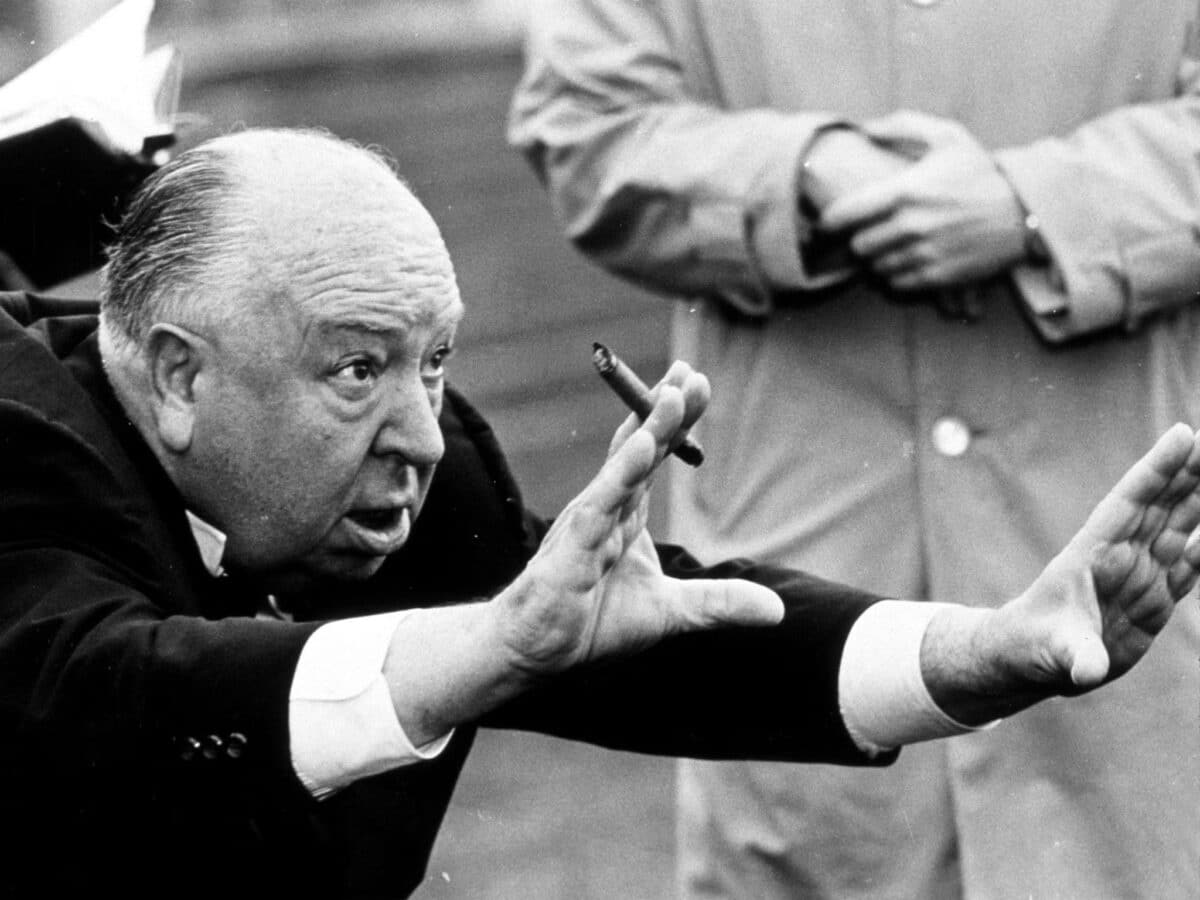
If there ever was a true Master of Suspense, that title would undoubtedly belong to Alfred Hitchcock. With such masterworks as Psycho, Rear Window, and Vertigo, Hitchcock’s name has become synonymous with the thriller genre. Hitchcock changed the rules of the game for horror cinema. The way he approached storytelling and plot twists felt truly innovative and fresh. Perhaps that’s why so many of his films still feel as enthralling today as they did when they first graced the silver screen.
1. Martin Scorsese
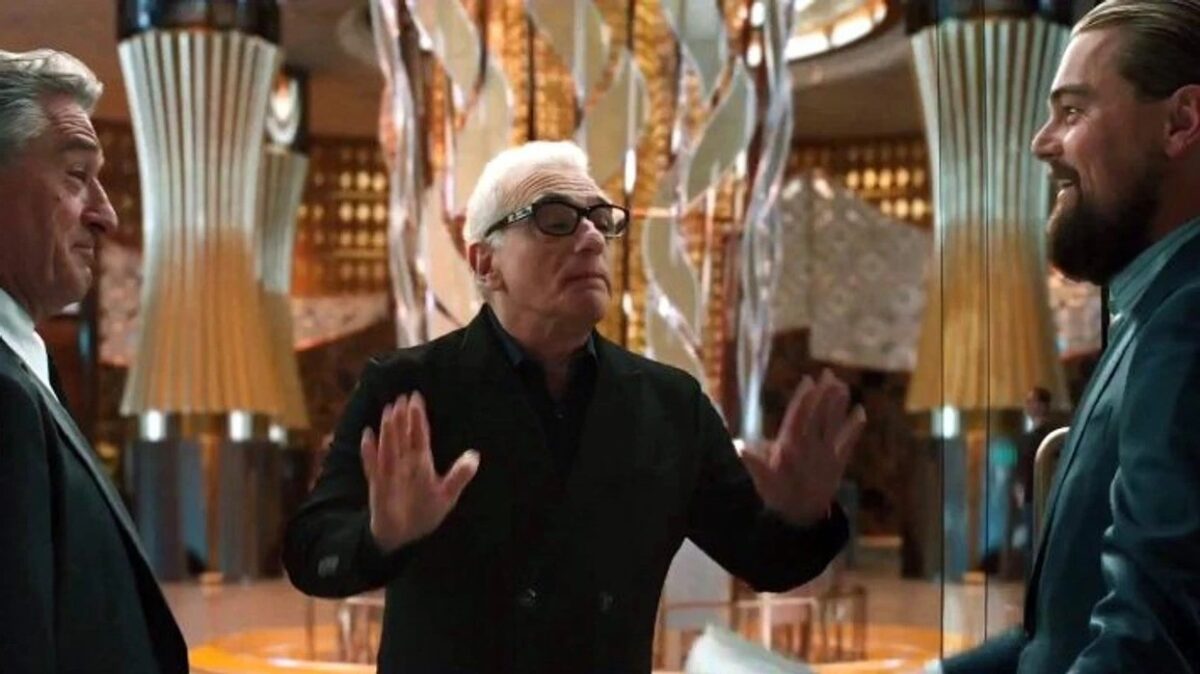
With a career that spans almost six decades, Martin Scorsese is a veritable institution in cinema. Some of his most celebrated films, like Taxi Driver, pushed the boundaries of what you could and couldn’t show in movies. Goodfellas and Raging Bull further cemented Scorsese’s penchant for amazing storytelling. Even his most biographical films, like The Aviator and The Wolf of Wall Street, have a certain charm you can’t find anywhere else.
It’s simply amazing to see how someone like Scorsese adapts to the changing times. Movies like The Departed, Shutter Island, and even The Irishman prove that Scorsese is not as conservative as most people would like to believe.
RELATED: The Top 34 Best Actors Of All Time
Who do you think is the best director of all time?


